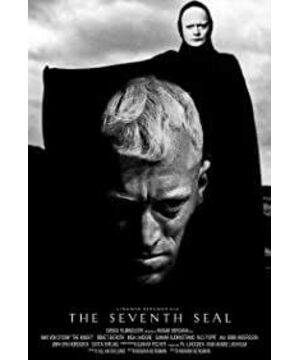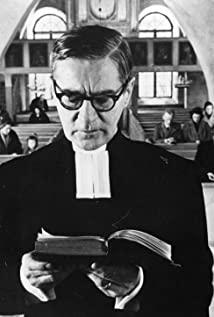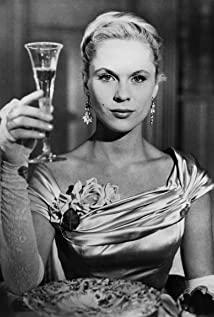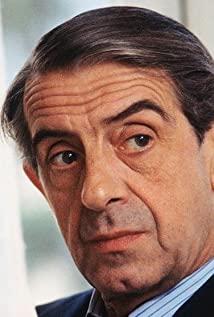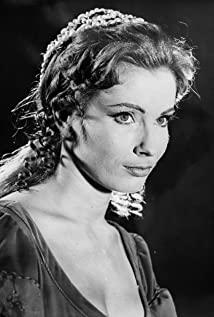Despite its reputation for being highly obscure, The Seventh Seal is certainly a "good-looking" film with a pleasing observational effect. However, this joy is often based on such a heroic story: in a medieval land threatened by the terrible death, a heroic knight saves the family of a kind wandering entertainer by playing chess with death and ultimately sacrificing himself.
There are two main elements to this heroic tale, the horror of death and the valour of the knight. However, if you look closely at the actual presentation of the film, you will find that both are problematic.
First, while the film no doubt often creates a general atmosphere of fear and anxiety about the meaning of existence, we’re sorry to admit that Reaper himself isn’t all that scary, and even has a sense of humor. Therefore, we don't need to add too much fear of death to the characters in the play. Most of the main characters in the play do not show obvious fear of death. In fact, the scene of death and people encounters always seem a bit comical.
Secondly, although there seems to be no more appropriate way to describe the situation of the last game between the knight and the god of death than the knight deliberately losing in order to delay the time to save the wandering entertainer. However, if we want to take this kind of plot seriously, there will be many doubts. The god of death, who knew everything, seemed to have seen through the knight's intentions and left early. Could it be that he couldn't catch up with the wandering entertainer because of the delay? If the knight is truly convinced that he is defending the good that deserves protection, why should he appear so hopeless and helpless in the final scene?
The fundamental crux of the above two doubts is that we regard the god of death in the film as a real character, but in fact he only exists in the world of knights and has no effect on others. To put it bluntly, the knight in the film is a highly symbolic figure, in contrast, his entourage has more to do in the real world. By alienating themselves from people and life in this world, knights are able to visualize death, which is untouchable by ordinary people, as an object that can be dialogued and played with. In fact, playing chess with Death is just a knight's exploration of his own finitude and survival limits, and even self-mockery. Therefore, the knight did not really rescue the wandering entertainer. This dramatic scene just reflected the value choice in the knight's heart.
Unfortunately, although the knight witnessed and felt the beautiful way of life of the wandering entertainer's family, he himself could not become them, because he could no longer be such a pure life because he had encountered the god of death.
In the end, he goes to death with other hopeless people, including a girl who sees the unknown death as redemption with tears on her face. The outcome of this collective death is not a failure to escape, but a judgment of survival value. And the surviving family of homeless entertainers did not escape from the terrifying pursuit of death, but were only recognized as beings worthy of survival.
The film is about the tragedy that the man who really thinks about what it means to live and die can never save himself. Yet there still needs to be people who can reveal to us what is really worth defending.
View more about The Seventh Seal reviews


